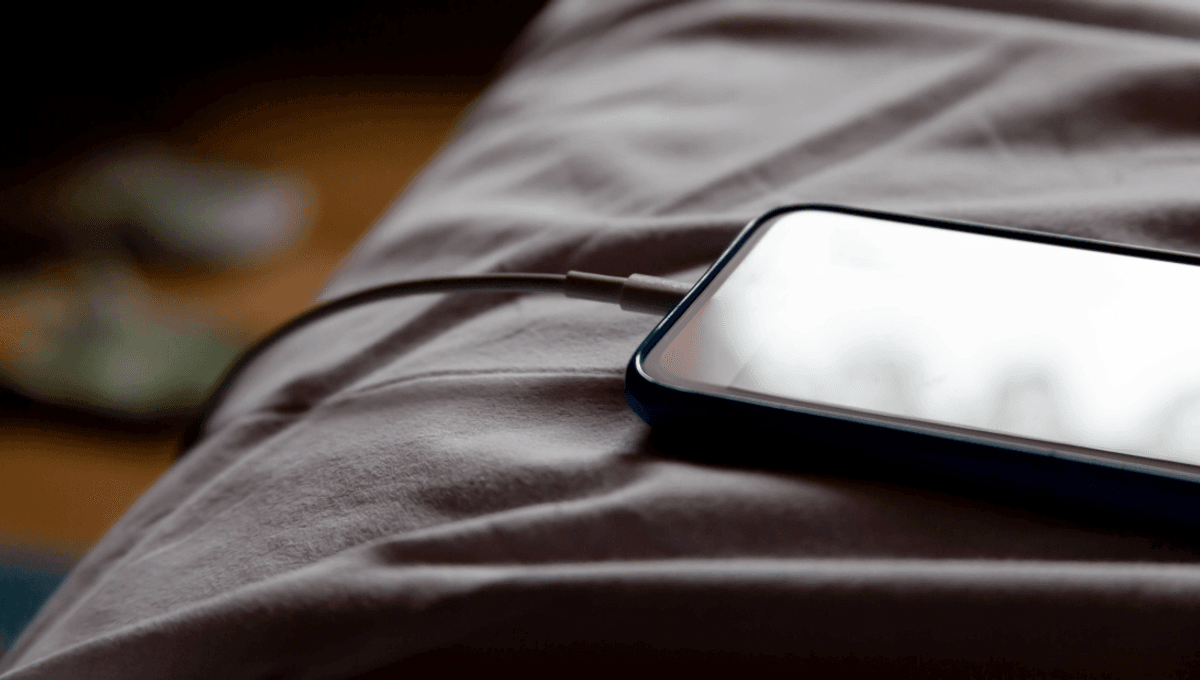
Charging your phone at night might seem like the most logical time, but did you know that doing this can actually negatively affect your device’s battery life over time? Nothing is more frustrating than charging your phone only to have it drop off seemingly instantly and protecting your battery is the best way to avoid this, so let’s look at when the manufacturers recommend plugging in.
According to USA Today, Android makers Huawei are against overnight charges. “Do not leave your phone connected to the charger for long periods of time or overnight,” they say.
Instead, they recommend keeping your battery between 30 and 70 percent is the best way to prolong battery life. If you’re struggling to eyeball what that might look like, many phones offer the option to view your remaining battery as a percentage in the settings. This sentiment is mirrored by Apple iPhones which offer an optimized battery charging setting that will keep charge below 80 percent.
Most smartphones are powered by lithium-ion batteries (if you’ve got a Garfield phone, it’s probably running on something else) and these will always degrade over time no matter how you’re charging your phone. This is because they function by shifting charge carriers between electrodes, and doing this stressed the constituent parts damaging their efficiency over time.
That stress actually increases when you’re trying to squeeze in the last few percentage points. If that’s a bit confusing to imagine, iFixit’s Kevin Purdy provided a handy sponge metaphor to the New York Times that might help you understand.
“It’s pretty easy to fill a sponge from dry to mostly saturated,” he said. “But trying to force a nearly saturated sponge to absorb the very last drops of liquid requires pressure and likely leaves more liquid pooled on the surface. That ‘pooling’ is the S.E.I. (solid electrolytic interface) buildup on a battery. S.E.I. buildup reduces the overall capacity of a battery.”
This lean’s into Huawei’s advice of keeping your battery between 30 and 70 percent rather than pushing for the full 100. It might feel wrong, but when it comes to battery longevity, in the long term it’s right. Similarly, avoiding letting your battery run all the way down to 0 percent will also reduce the stress on the electrodes and keep it humming happily for longer.
Beyond harming your battery life, charging devices overnight can also be a health and safety concern if you don’t take care with where you leave them charging. This is because charging usually comes with some degree of an increase in temperature, and if something goes wrong flammable surfaces can quickly become dangerous.
“You shouldn’t tuck phones under pillows or charge them on bedding,” Paul Shaw, head of fire investigation at Staffordshire fire rescue told the Guardian. “It’s called thermal runaway in the battery. It self-heats. It keeps going and going. A work surface or wooden side table are fine, because the battery won’t output enough heat.”
Nobody likes getting caught short, but if you want your device to have better battery life for a long time, it might be time to stop letting it sleep when you do.
Source Link: Why You Shouldn't Charge Your Phone Overnight